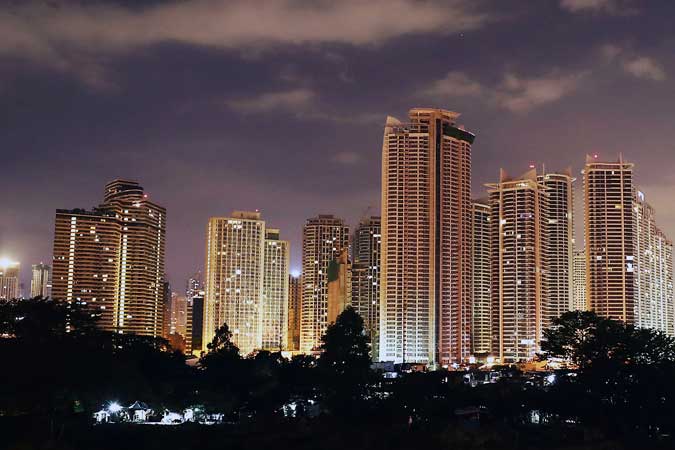Reforms may boost LGU property tax haul by P113 billion

LOCAL GOVERNMENT UNITS (LGUs) could boost their real property tax (RPT) collection by P113.4 billion with the implementation of a project that will digitize their tax valuation and collection processes, the Finance department said.
Data from the Bureau of Local Government Finance (BLGF) showed the Local Governance Reform Project (LGRP) is estimated to increase real property tax collection by 61.7% from the P70.14 billion it collected in 2019.
BLGF Executive Director Niño Raymond B. Alvina said in a statement on Tuesday that the program aims to help at least 1,372 LGUs meet 100% of their collection and valuation targets by 2024, and train over 858 or 50% of 1,715 local assessors to use new digital tools.
Mr. Alvina said the share of RPT to total tax collections by LGUs has been on a downtrend since the Local Government Code was enacted in 1992, since it only makes up 9% of overall tax revenues, compared with business tax collections’ 13% share.
Data from the BLGF showed LGUs collected P70.14 billion in RPT in 2019, or 84% of the P83.77-billion target.
City governments reported the highest collection in 2019 with P48.7 billion, followed by municipalities with P10.87 billion and provinces with P10.58 billion.
In the second quarter of 2020, RPT collections fell by 6% to P46.24 billion year on year and also missed the P56.14-billion target by 17.6%.
The Asian Development Bank (ADB) set aside $26.5 million (P1.32 billion) for the program in July 2020 and an initial $300-million (P15-billion) loan in November 2019. The government also allotted $4.96 million (P242 million) from its budget for the project.
The ADB is planning to lend $400 million (P19.5 billion) more for the program this year.
The LGRP aims to improve property valuation systems of LGUs by deploying digital tools to make reporting more transparent and update the tax maps.
The Interagency Governing Board (IGB), chaired by DoF Secretary Carlos G. Dominguez III, was formed to implement the four-year program.
“This project is quite important. We should put our attention to it because in the end it will help the local governments improve their capacity to raise their own finance,” Mr. Dominguez said during the board’s first meeting on May 18. The IGB will meet every two months.
Once a more integrated and reliable valuation database for properties is established, BLGF’s Mr. Alvina said this could provide better benchmarks as it captures the true market value of land.
The Philippines’ share of property tax collection to the country’s economic output lags behind its Asian peers, he added.
Mr. Alvina said the country’s collections only accounted for 0.5% of GDP in 2019, roughly similar to Thailand, but lower than Singapore’s 2% ratio, Japan’s 2.5% and South Korea’s 3%.
It is also far from the standard of 2% property tax-to-GDP ratio set by the Organization for Economic Cooperation and Development (OECD).
A bill reforming the country’s property valuation system is part of the comprehensive tax reform program of the Duterte administration. — Beatrice M. Laforga



